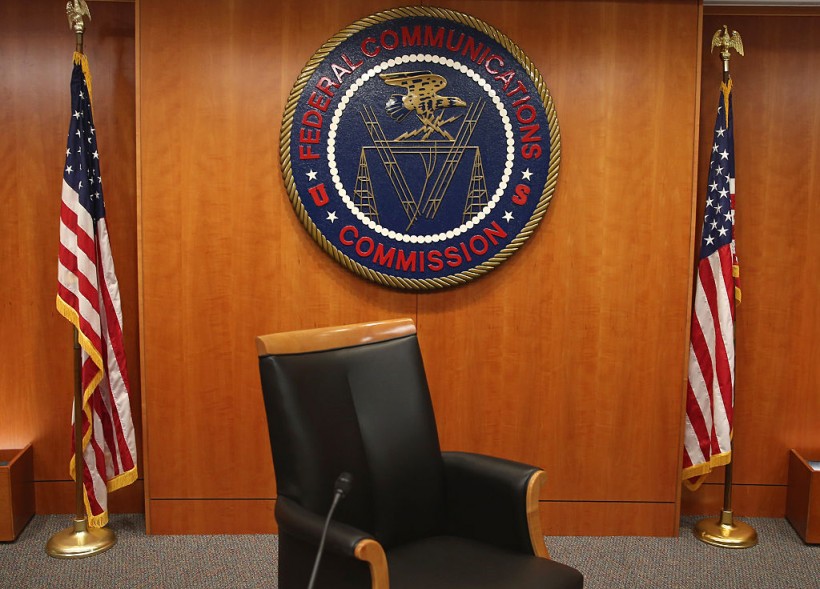Two new bills are reportedly looking to help the Affordable Connectivity Program (ACP) stay afloat as its funds dry up by the end of May. Over the past few years, millions of Americans have had $30 deducted from their broadband bills thanks to the ACP.
On Wednesday, Sen. John Fetterman (D-PA) unveiled the first bill, the Promoting Affordable Connectivity Act of 2024. It would double the FCC's Universal Service Fund and guarantee continuous funding for the ACP.
Funding for it would come from assessments on "edge service" platforms and home and business broadband providers, much like the USF contributions that telecom operators currently make.
On Friday, Sen. Maria Cantwell (D-WA) introduced another bill, the Spectrum and National Security Act of 2024. Its first focus is to increase the amount of wireless spectrum accessible for the Internet and other purposes.
 (Photo: Mark Wilson/Getty Images)
(Photo: Mark Wilson/Getty Images)
It would also reinstate the FCC's ability to auction off spectrum, which Congress had strangely allowed to expire last March for the first time in thirty years, confusing the sector.
Additionally, most of the $7 billion in additional revenue would go toward funding the ACP again.
$3.08 billion, or another ten-figure allotment, would replenish the money available to compensate wireless operators who replace and unplug network equipment from Chinese vendors Huawei and ZTE. Carriers predict that their overall bill will be $5.6 billion.
The Affordable Connectivity Program Extension Act of 2024, a minor bill that would allocate $7 billion to fund the ACP through the current fiscal year but not extend the program's duration, comes before these two acts.
However, Speaker Mike Johnson's (R-LA) approval is apparently necessary for the bill to proceed in the House, even with 230 cosponsors and bipartisan support in both chambers of Congress.
Read Also: Conservatives' Allegations: Biden Administration Accused of Coercion With Social Media Giants
Causes of ACP's Lack of Funding
According to sources, the US Federal Communications Commission had to shut down the ACP because a vote to continue the program because Congress did not pass a vote.
Per Pew Research, twenty million individuals signed up for the ACP. These clients reportedly saved money by paying an average of $40 a month, which allowed them to support working-class college students, Medicaid beneficiaries, and families with other essential expenses.
However, Congress hasn't provided any further financing for the ACP since its allocations in 2021, so the organization's funds are starting to run low.
Applications for new members in the popular program were closed on February 7 at 11:59 p.m. ET.
ACP's Success
The Infrastructure Investment and Jobs Act, a $1.2 trillion package signed by the Biden administration, included the ACP, first implemented in 2021.
It contributed $14.2 billion to lower-income consumers' access to high-speed internet.
If their income is less than 200 percent of the Federal Poverty Guidelines, a household might receive a $30 credit on their monthly broadband payment. Families living on approved tribal territory could receive up to $75 monthly.
The FCC deemed the ACP, which had a five-year initial plan, to be the largest and most effective broadband affordability initiative in US history.
However, the program's demand exceeded expectations, and the FCC announced earlier this year that it would have to end the program two years sooner than anticipated due to a lack of funding.
ACP's running out of funds might impede efforts to close the digital gap.
Related Article: High-Speed Internet On its Way to North Carolina, Says President Biden
 (Photo: Tech Times)
(Photo: Tech Times)





